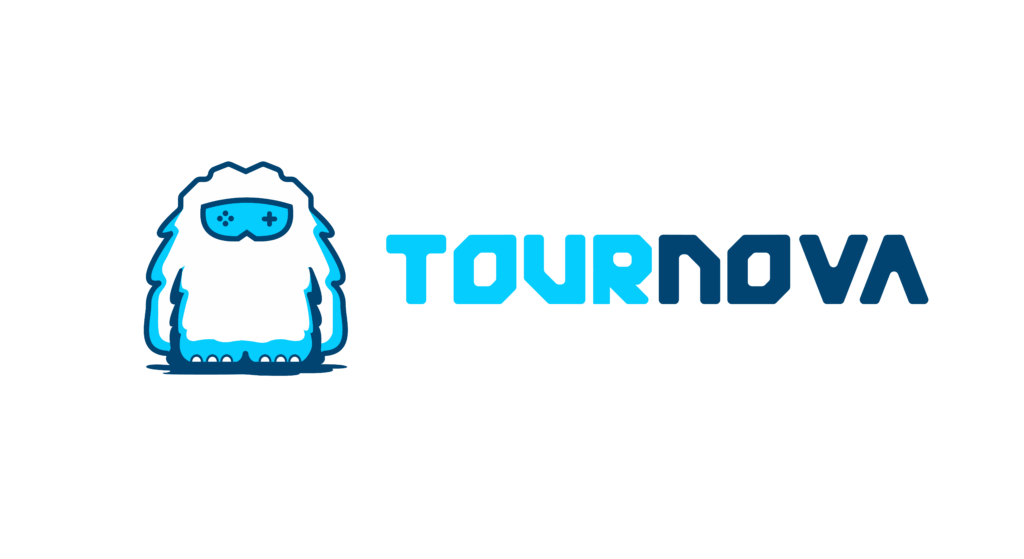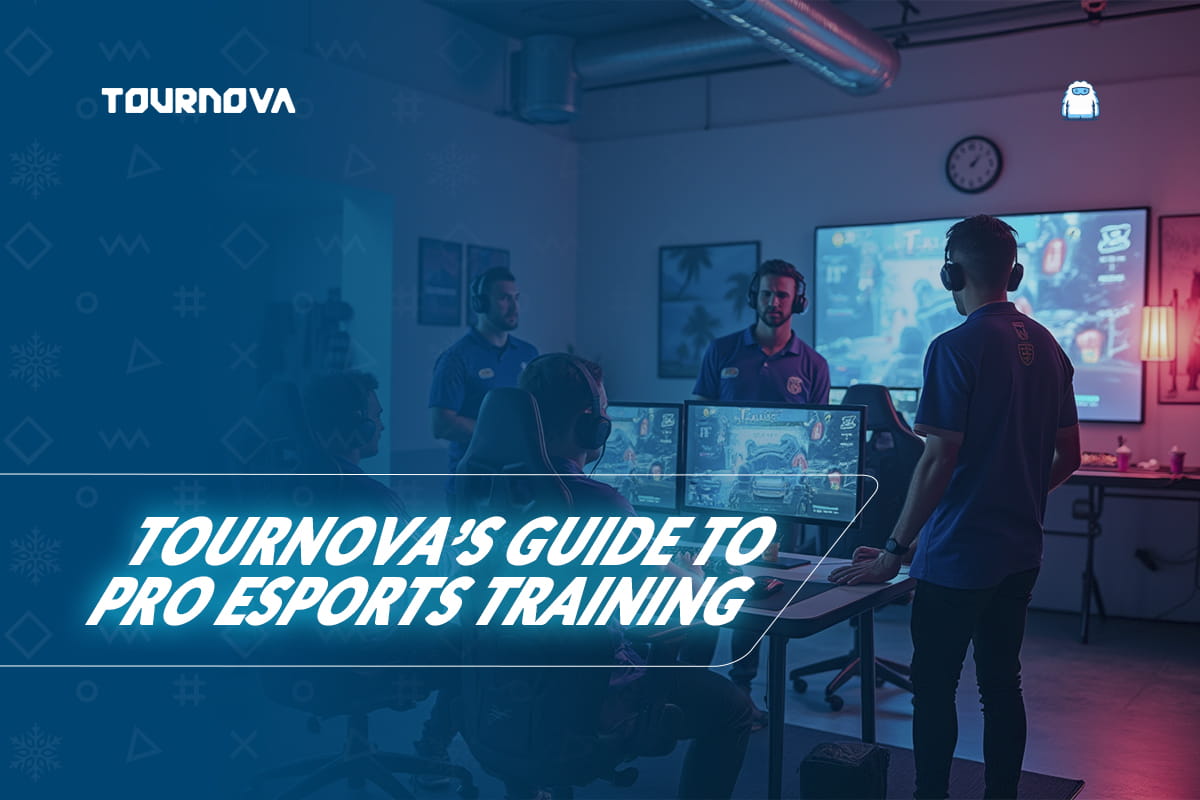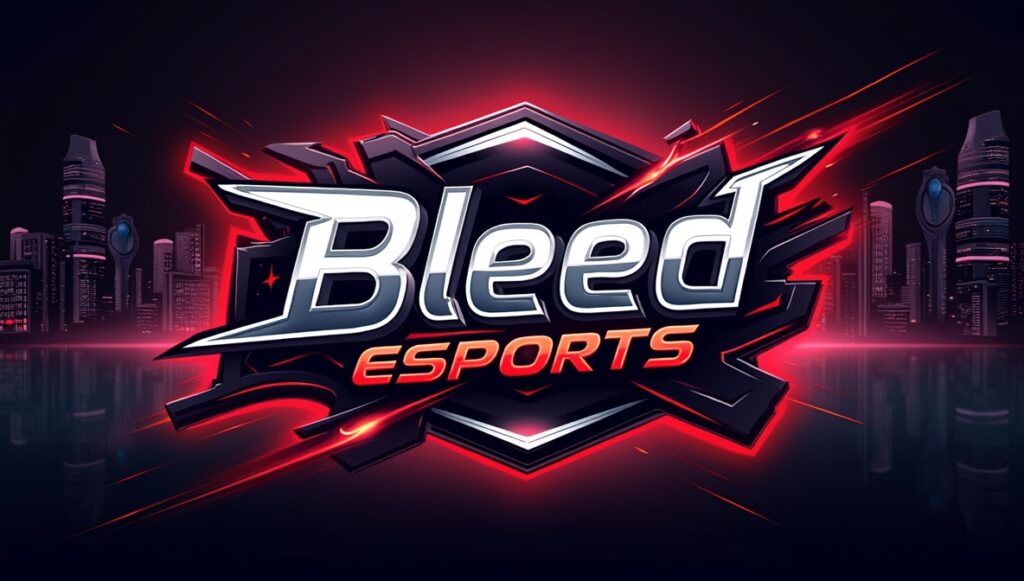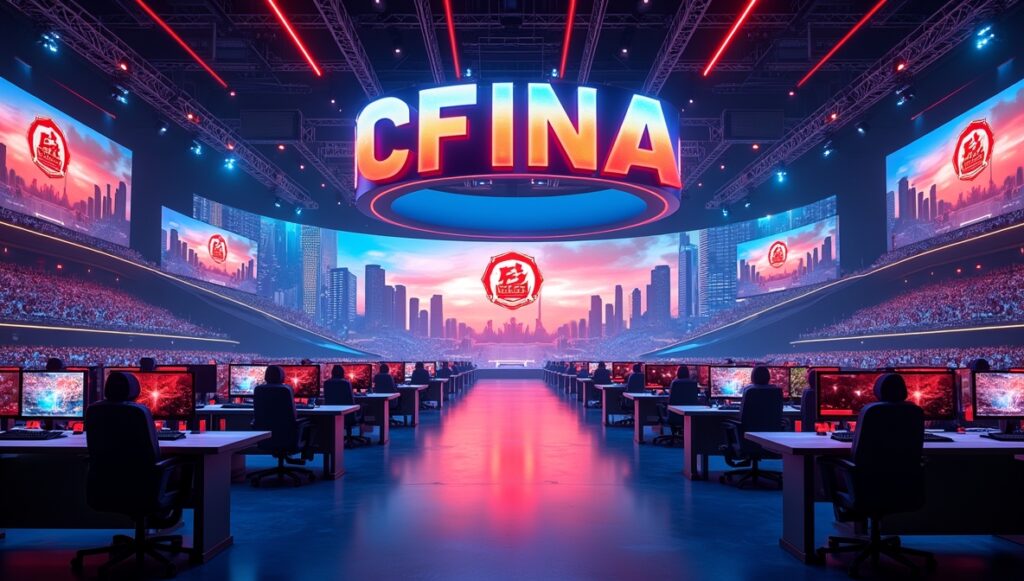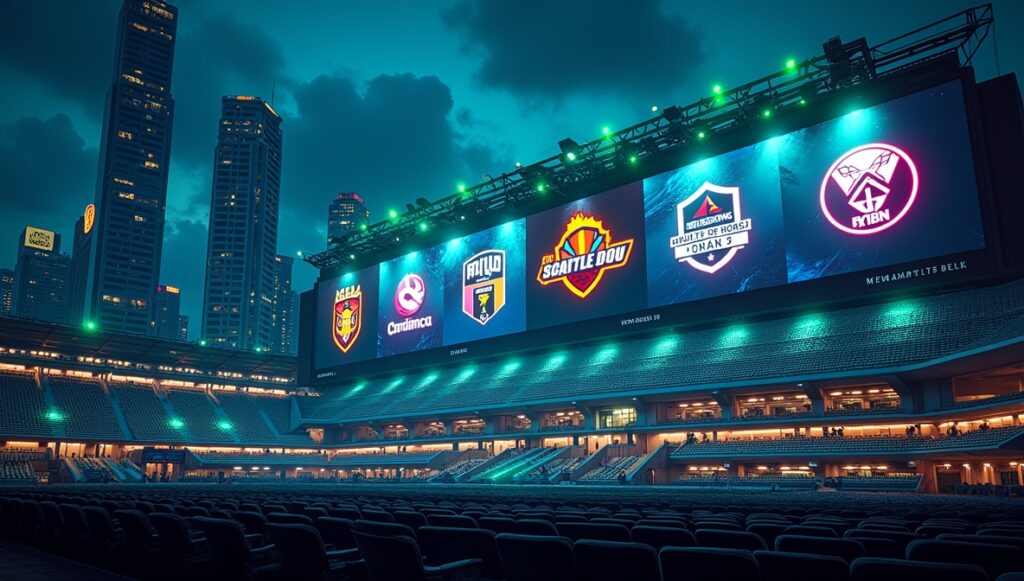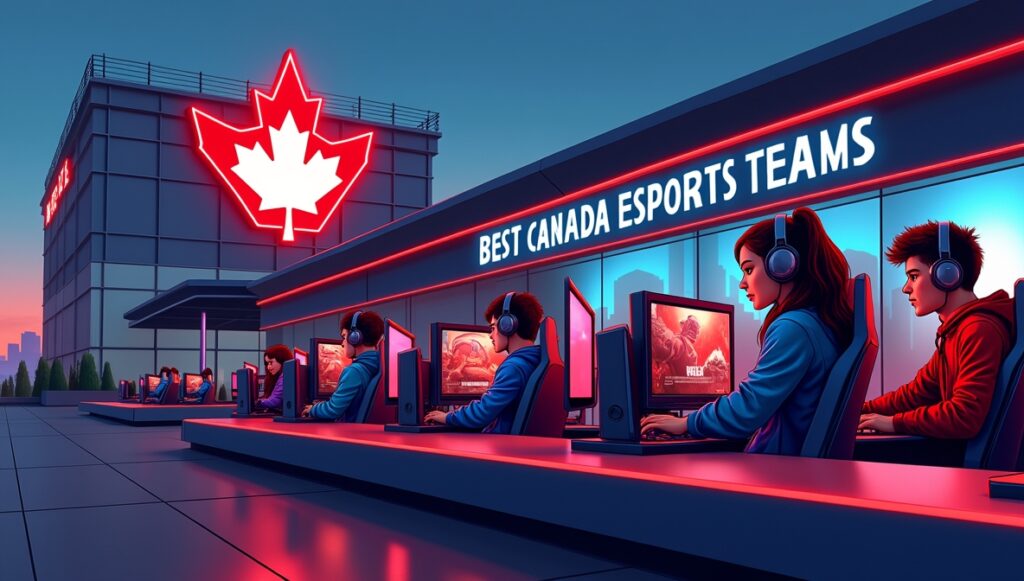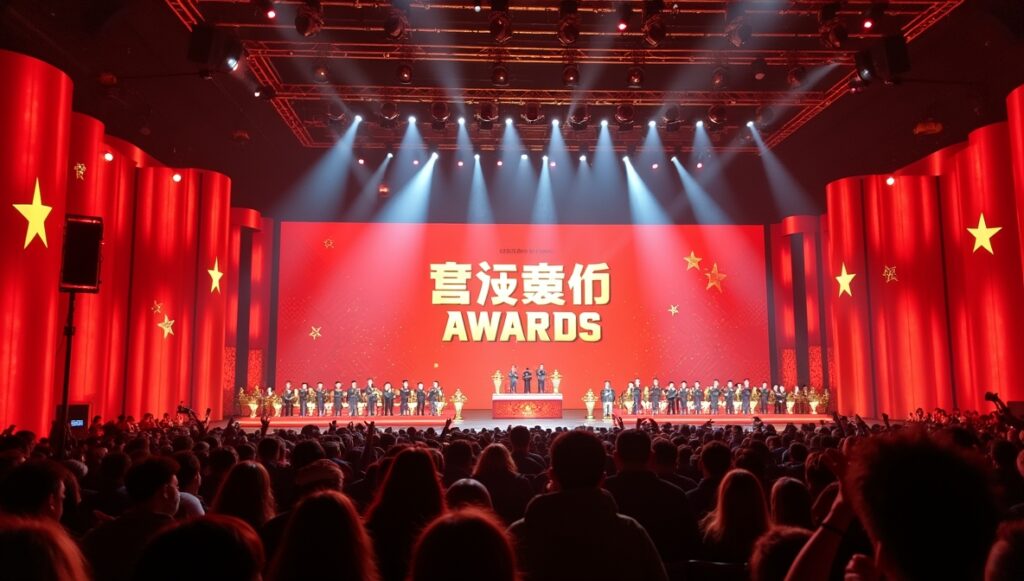Most of us get the same reaction when we tell someone we’re into esports: “You mean, just playing games all day?” There’s a myth that pro players just mess around with their friends, eat junk food, and suddenly, boom, they’re champions. But behind every highlight reel and trophy lift, there’s a world of pro esports training: structured practice, hard choices, and routines you wouldn’t believe unless you saw them.
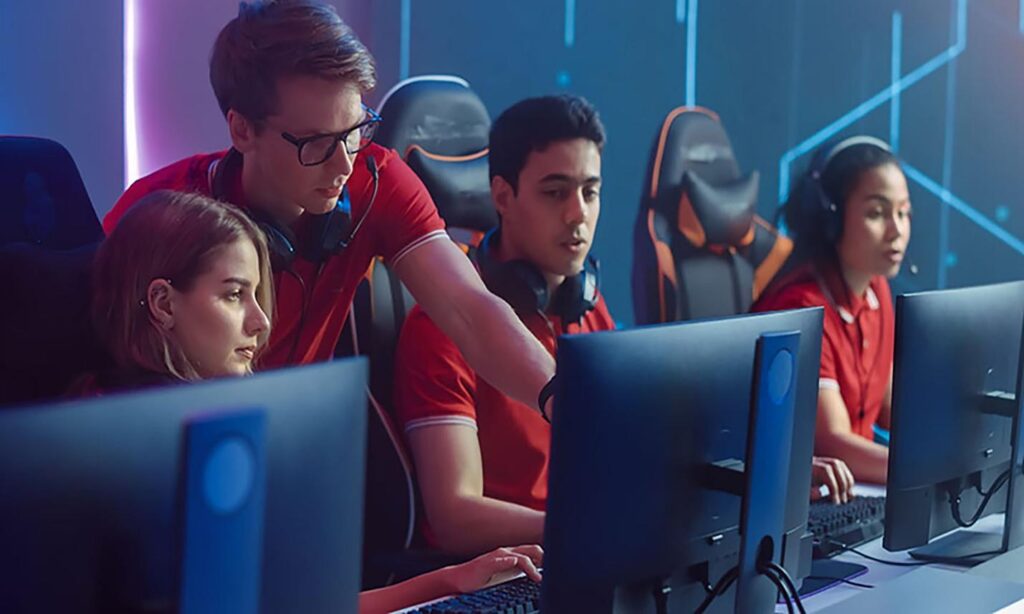
- Top players also focus on physical health, mental resilience, and reviewing gameplay to stay competitive.
Pro Esports Training
It’s not just about playing more; it’s about playing smarter. From strict schedules to detailed game reviews, the top players treat their grind like a full-time job.
How the Best Players Practice
Think of it like preparing for a marathon, but with a keyboard, a mouse, and a mind that needs to stay sharp under hours of pressure. Let’s take a walkthrough of what really happens in the day-to-day lives of pro esports stars, and maybe you’ll spot something useful for your own grind, too.
1. Introduction: The Real Work Behind Pro Esports Success
For those of us dabbling in competitive games, the jump from ranked match warrior to actual pro can feel impossible. The truth? The best in the business treat this like any other elite sport: full of sacrifice, structure, and teamwork. Watching top teams like RRQ Hoshi in Mobile Legends or Team Secret in Valorant isn’t just about jaw-dropping plays; it’s about the habits behind the scenes. Every “click” is backed by hours of boring drills, reviews, and scrims that most fans never see. Let’s pull back the curtain on their daily routine.
2. Building the Perfect Schedule: Structure of Pro Esports Training
Every squad has its own secret sauce, but almost all start with a strict schedule for pro esports training. Mornings typically begin with a warm-up; some aim for trainers, some solo queue using secondary roles. Midday is all about team blocks: focused practice on map strategies, coordinated attack plans, and troubleshooting yesterday’s flubs. For example, an MPL Indonesia team might do three hours of individual drills, then three blocks of team “scrims” with reviews and meal breaks in between. Evenings are set aside for VOD review; sometimes as chill as gathering on a couch with snacks, sometimes a deep dive of critique and rewinds with coaches. Rest isn’t forgotten; top teams are serious about off-hours, curfews, and even sleep coaching.

- Structured routines build discipline and help players improve focus, teamwork, and long-term progress.
3. Core Skills: Mechanics, Game Sense, and Communication
Every single practice session comes back to three pillars: mechanics (like aiming and movement), “game sense” (reading the map and opponents), and crystal-clear comms. We’ve watched pros in Dota 2 grind last-hitting on custom maps for hours. Others run aim challenges or edit tasks on Fortnite’s practice servers. In team games, shot callers train to direct traffic without panicking, while support players learn to predict enemy rotations from just the smallest cues. Most fun of all is when you run team comms exercises, like “silent scrims” where only the shotcaller can speak, making every word matter.
4. Scrims, VOD Review, and Analyzing the Meta
Once the foundational skills are warmed up, teams hit the “scrim” circuit: practice matches against other teams, sometimes arranged weeks in advance. This is a core part of pro esports training; these aren’t just friendly games. Coaches set goals, manage substitutions, and sometimes even ask players to use off-meta heroes just to test their adaptability. After scrims, it’s VOD review time. Everyone sits down to analyze replays together, often hearing things like: “See what happened at 12:43? That’s where we lost the tempo!” The kitchen table vibe gives way to something more strategic; sometimes the meta changes overnight, and what worked last week suddenly needs a complete overhaul.
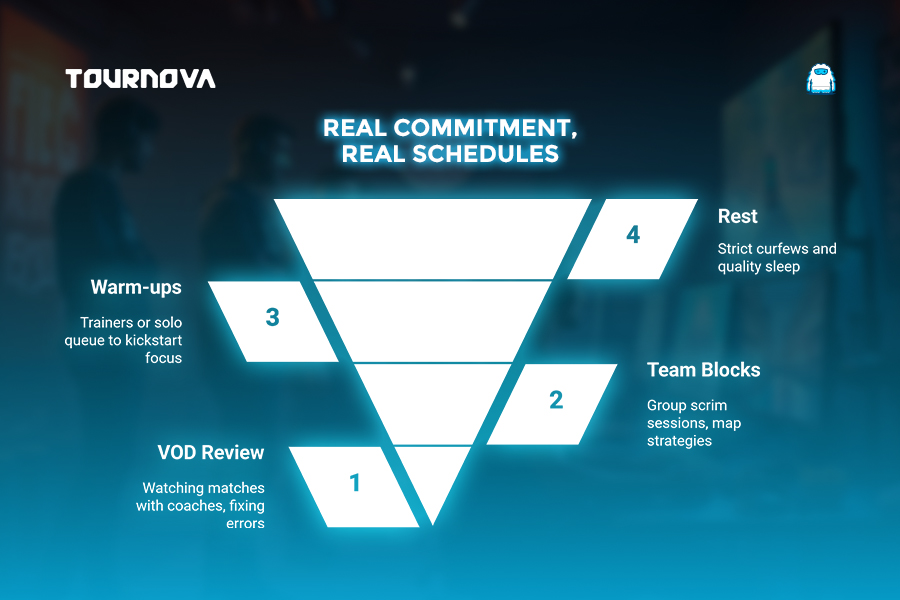
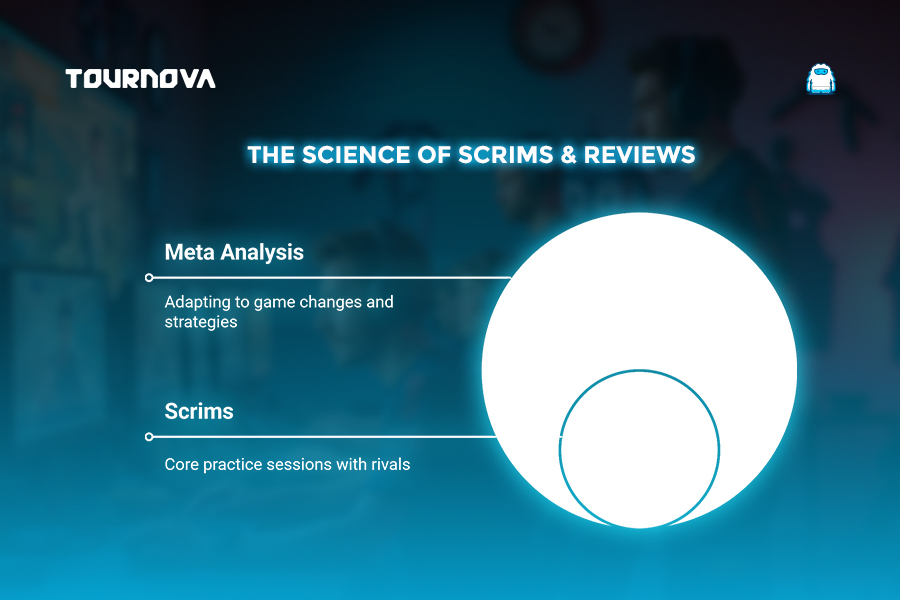
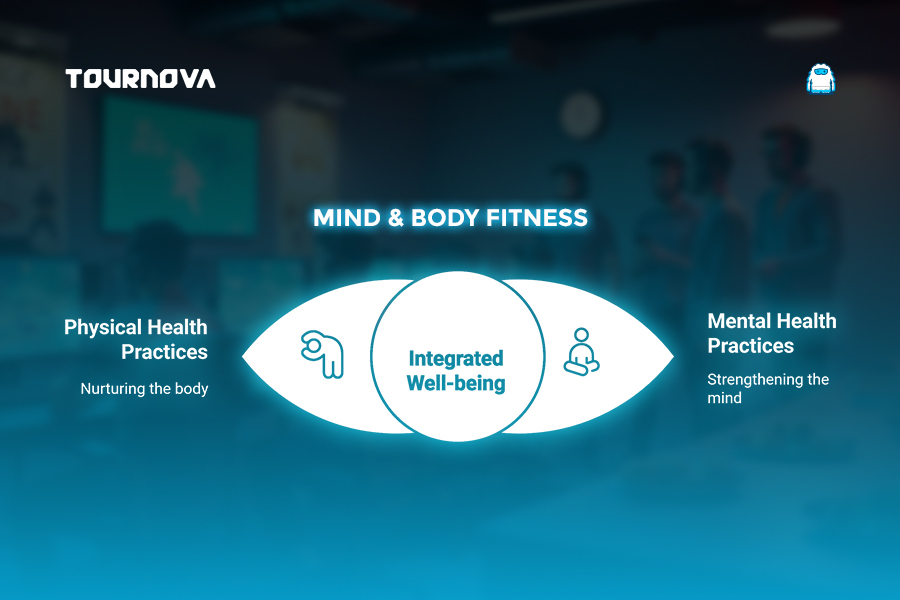
5. Physical and Mental Conditioning
Believe it or not, many top teams have daily physical fitness sessions. They know: healthy body, sharp mind. We’ve seen squads run stretching routines, schedule regular walks, and even play basketball or futsal just to blow off steam. Nutrition is mapped out; no random energy drink binges allowed. Mental wellness is just as critical. Some pro orgs, like EVOS Esports, have brought in sports psychologists to help with focus and pressure. Mindfulness apps, meditation breaks, and even group discussions about stress are all on the menu. Looking after each other is a real part of the job.

- Mental conditioning sharpens focus, boosts decision-making, and helps manage stress under pressure.
6. Tools and Tech: Gear, Software, and Analytics
No surprise; gear matters a lot in pro esports training. Custom mechanical keyboards, high-refresh monitors, specially tuned mice, and ergonomic chairs are the basics of the trade. Behind the scenes, all sorts of apps and analytic tools run the show. Aim Lab or Kovaak’s for first-person shooters. Stat trackers that crunch win rates, heatmaps for movement tracking, and even reaction-time apps on their phones. Teams use these data points to tweak practice and even make roster changes based on hard analytics, not just gut feeling.
7. The Role of Coaches, Analysts, and Support Staff
Gone are the days when “team support” meant a Discord group chat. Pro orgs now have layers of staff: head coaches who coordinate strategy, assistant coaches for specific skills, analysts breaking down rival playstyles, even nutritionists and team managers making sure everyone eats and sleeps well. The best coaches know how to build trust; sometimes that means tough love, sometimes it means organizing movie nights or team outings to reset everyone’s mood after a tough loss. For instance, you’ll hear inspiring stories about Indonesian coaches like Zeys, whose guidance helped EVOS Legends win on both local and global stages.
8. Balancing Practice with Life: Avoiding Burnout

- Rest and balance prevent mental fatigue, keeping motivation and creativity high.
Everyone thinks pro esports training is easy until the pressure kicks in: back-to-back losses, screaming fans, and maybe homesickness setting in during long boot camps. Pros fight burnout by blocking out off-days for hobbies, family calls, or just a lazy movie marathon. Some teams ban ranked games after 10 pm or set up “no-game” zones in the gaming house where players can only read, craft, or nap. Friendship outside of practice turns out to be the ultimate secret weapon. More than once, we’ve seen a squad rally from a bad split simply because they truly liked each other off the server.
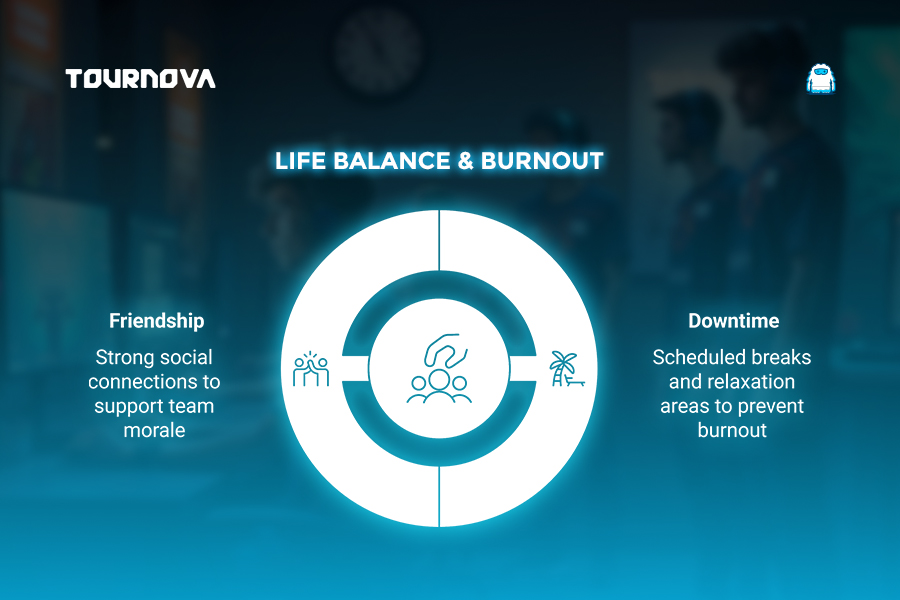
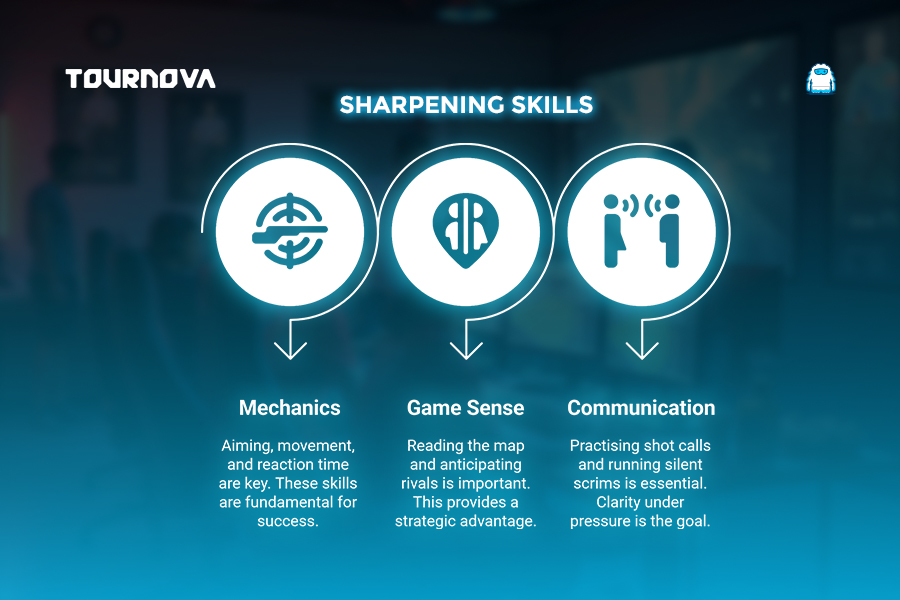
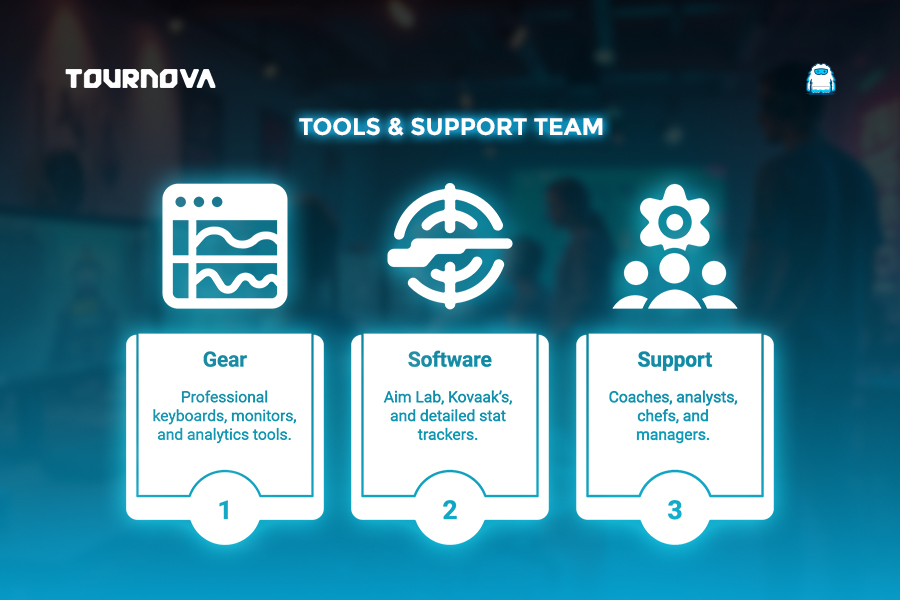
Tournova: Making Pro-Level Training and Competition More Accessible Than Ever
Behind every pro player’s highlight reel, there’s careful structure fueled by dedicated pro esports training: scheduled scrims, team reviews, and relentless goal-setting. Tournova’s platform brings a slice of that organized, data-driven environment to a wider community, letting competitive gamers and organizers set up their own rigorous tournaments using familiar tools on Telegram or Discord. Features like automated bracket management, transparent result tracking, and reward distribution mirror the professional focus on structure and clear progression, making it simple for anyone to run or join well-organized, skill-building events.
Tournova’s integrated token economy also gives real stakes to everyday competition: tokens aren’t just bragging rights, but a way to access more challenging tournaments, unlock special features, or reward consistent performance. Whether you’re building towards a disciplined training routine, organizing community scrims, or just aiming for the next step on your competitive journey, Tournova equips both aspiring pros and casual grinders with practical, automated tools to level up; no extra staff or spreadsheets required.
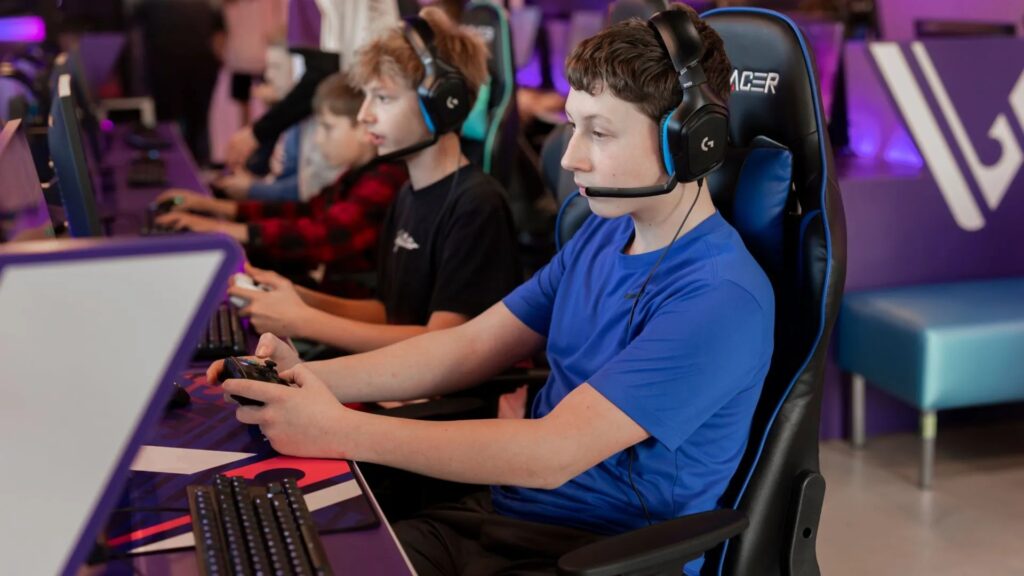
- Hard work builds the skills and resilience needed to compete at the highest levels over time.
9. Final Word: Lessons from the Pros for Every Gamer
At the end of the day, every pro you look up to started with a single game, a patchy mouse, and plenty of mistakes. Success in pro esports training comes from patience, consistency, and having people in your corner, whether they’re coaches, teammates, or just friends cheering you on. So the next time you log in, try borrowing a ritual or two from the pros: a bit of warming up, a mindful break, or a real review session. Even as casual players, there’s a lesson in mixing a dash of discipline with the fun. Who knows? The next big breakthrough could come from that extra round of smart practice, and not just another lucky play.
Read the hottest in-depth Esports Guides on Tournova.
10. FAQs: Pro Esports Training
1. How many hours do the best players practice each day?
Most pros log between six and ten hours daily, with a mix of solo drills, scrims, and reviews, but they almost always have mandated breaks.
2. Do pro esports teams really use personal trainers and psychologists?
Yes! Many top organizations hire fitness coaches and sports psychologists to help players cope with stress, pressure, and the physical demands of long sessions.
3. What’s the biggest difference between a pro’s practice and a casual gamer’s routine?
Pros follow strict schedules, set goals for each session, work closely with teammates, and constantly review games with coaches; casual players often just jump in for fun or practice what feels good.
4. How do teams handle slumps or losing streaks in practice?
Losing runs happen, for sure. Teams analyze results together, often rotate roles or take off-days, and talk openly as a group to solve problems; sometimes even bringing in outside mental health experts.
